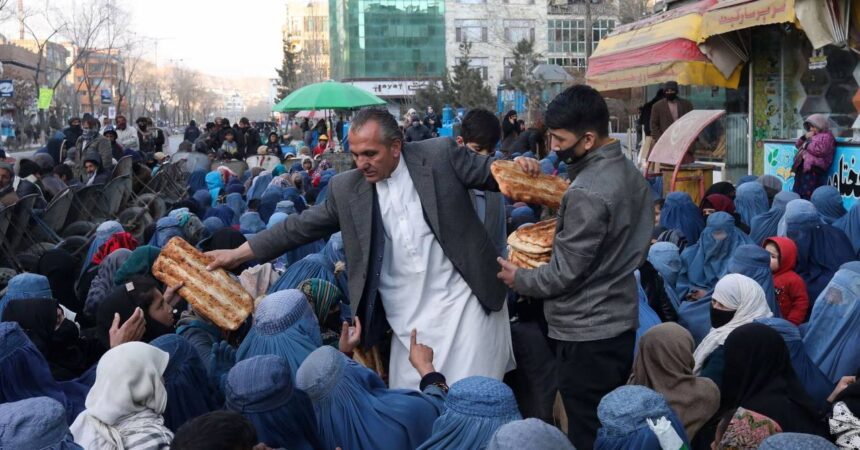RASC News Agency: As the Coordination Group for Afghanistan (ACG) meeting approaches, scheduled to take place later this week in Istanbul, Turkey, the United Nations has called on donor nations to maintain their critical support for the people of Afghanistan in 2025. According to the UN, approximately 23 million individuals more than half of Afghanistan’s population require urgent humanitarian aid. These interventions are essential to mitigate the ongoing crises and address the basic needs of the Afghanistani people. In a statement released on Monday, April 7, by the United Nations Office for Afghanistan, it was announced that representatives from donor nations, international financial institutions, and UNAMA (United Nations Assistance Mission in Afghanistan) will gather at the upcoming meeting to assess the current situation in Afghanistan and explore ways to enhance support for the country’s vulnerable population. However, the exact date for the meeting has yet to be officially confirmed.
The United Nations also emphasized that in 2024, over $3 billion was raised to address the needs of Afghanistan’s most vulnerable. This funding allowed the UN to implement significant, impactful measures aimed at alleviating the humanitarian crisis and delivering critical aid to millions of Afghanistanis in need. Earlier, Rosa Otunbayeva, the Head of UNAMA, had warned the United Nations Security Council that the Afghanistani people are facing a severe humanitarian crisis one deeply rooted in decades of conflict, climate change, and pervasive poverty. These intertwined crises have exponentially increased the need for both immediate and ongoing humanitarian assistance. The UN has underscored that, to prevent conditions from worsening, global solidarity and continued international support for Afghanistan are crucial.
The international community, particularly donor nations, is under increasing pressure to ensure that the Afghanistani people do not face abandonment amid this ongoing turmoil. Humanitarian organizations emphasize the necessity of a comprehensive, coordinated response to mitigate the impact of this unprecedented crisis, which continues to devastate the lives of millions of Afghanistani families. Without sustained aid and unwavering international commitment, the country’s already fragile social fabric risks further fragmentation, exacerbating the suffering of its most vulnerable citizens.
This humanitarian disaster in Afghanistan remains one of the most pressing global challenges, requiring unified international action to ensure the delivery of immediate relief, stabilization, and, ultimately, a path toward sustainable recovery for the Afghanistani population. The UN’s call for continued assistance underscores the importance of a long-term commitment to Afghanistan’s future one that focuses not only on immediate relief but also on fostering development and resilience amid years of uncertainty and hardship.






